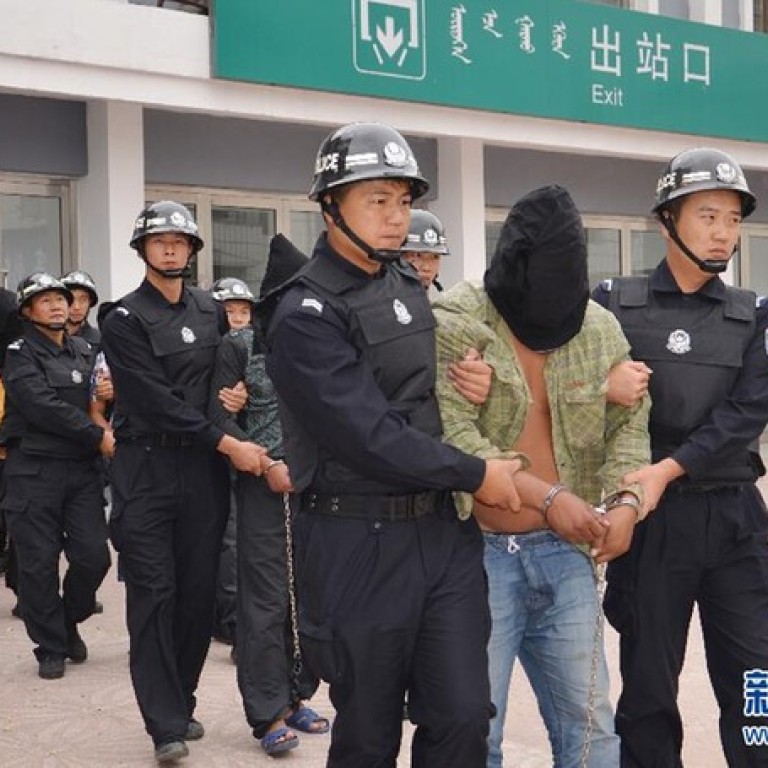
Women held in a China pigsty to be sold as brides by trafficking gang had mental impairments
Trafficking ring paid southern families ¥3,000 for their mentally impaired daughters, then sold them to rural men for up to ¥100,000
A criminal gang bought mentally-impaired women from their families and held them in a pigsty in northern China where they were sold as brides to men from poor areas, state media reported.
Ten women were sold by the gang based in Shandong province over two years, according to the state-run news agency Xinhua, with buyers paying up to 100,000 yuan (US$15,750) for each “bride”.
The women were bought from their families in Guangdong province and the Guangxi region of southern China for 3,000 yuan to 5,000 yuan with the promise that they would be married to a well-off family, the report said.
READ MORE: Joy and pain of the Vietnamese 'brides for cash'
The case was cracked after two men travelling with a mentally-impaired woman on a train from Guangxi to northern China attracted the attention of railway police.
The men were arrested and it led officers to the rest of the gang.
One suspect in Shandong, identified only by his surname Sun, would find prospective buyers for the women, mainly men from a poor mountainous area of the province.
He would then alert a middleman who would ask local “matchmakers” to find mentally-impaired women in Guangxi and Guangdong.
“People have little awareness of the law. Not many know that such acts are illegal, not to mention telling the police.”
The women were usually aged between 20 and 30 years old, the report said.
They were then brought to Shandong and kept in a pigsty run by Sun to wait for buyers to come and choose their “brides”.
The buyers were mostly older men from poor families who could not afford a conventional marriage, the suspect Sun told the police.
The buyers knew their brides were mentally impaired and only wanted the women to give birth to their children, Sun said.
“Once you mention a girl would be married into a good family, their parents don’t ask too many questions,” a middleman surnamed Lan told the police. Mentally disabled girls were considered a burden by their families, Lan said.
Police found that once the women were taken away, few parents tried to make contact with them.
Many of the women were also unable to protect themselves and were particularly vulnerable, the report said.
Wu Yongming, an official at the Jiangxi Federation of Social Sciences, told Xinhua: “People have little awareness of the law. Not many know that such acts are illegal, not to mention telling the police.”
The women were sold for between 50,000 yuan to 100,000 yuan, according to Xu Jian, a police officer handling the case. The gang earned more than 600,000 yuan over two years, the report said.
The girl’s families were generally indifferent about the fate of their daughters, according to the article.
One family even refused to take their daughter back from her buyer, saying they were too poor. Her parents only agreed to care for her again after their local government promised to give a monthly subsidy, the report said.
READ MORE: Hong Kong not a human trafficking hub, says government after US report puts city on par with Ethiopia
Chinese families, particularly in rural areas, traditionally favour sons.
This had led to the most serious gender imbalance in the world, the country’s health authorities said earlier this year.
Some pregnant women abort female foetuses and abandon baby daughters because they want to have a son.
About 118 boys are born for every 100 girls in China, against a global average of 103 to 107.
Such an imbalance creates a massive market for human trafficking in China among those unable to find wives.

